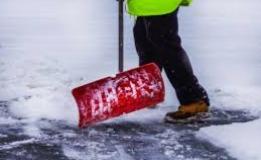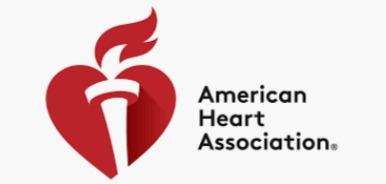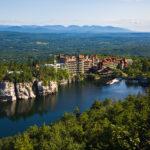MID-HUDSON – While shoveling snow may not lead to any health problems for most people, the American Heart Association warns that the risk of a heart attack during shoveling may increase for some as the combination of colder temperatures and physical exertion increases the workload on the heart.
People who are outdoors in cold weather should avoid sudden exertion, like lifting a heavy shovel full of snow. Even walking through heavy, wet snow or snow drifts can strain a person’s heart.
For those who are sedentary, or people with existing heart conditions like heart failure, high blood pressure or cholesterol, the increased workload on the heart from activities such as shoveling heavy snow can put them at higher risk of heart attack – where a clot blocks blood flow to a heart artery causing the heart muscle damage or tissue death. This is a life-threatening medical emergency, the heart association notes.

To help make snow removal safer, the American Heart Association has compiled a list of practical tips.
- Give yourself a break. Take frequent rest breaks during shoveling so you don’t overstress your heart. Pay attention to how your body feels during those breaks.
- Don’t eat a heavy meal prior to or soon after shoveling. Eating a large meal can put an extra load on your heart.
- Use a small shovel or consider a snow thrower. The act of lifting heavy snow can raise blood pressure acutely during the lift. It is safer to lift smaller amounts more times than to lug a few huge shovelfuls of snow. When possible, simply push the snow.
- Learn the heart attack warning signs and listen to your body, but remember this: Even if you’re not sure it’s a heart attack, have it checked out (tell a doctor about your symptoms). Minutes matter! Fast action can save lives — maybe your own. Don’t wait more than five minutes to call 9-1-1.
- Don’t drink alcoholic beverages before or immediately after shoveling. Alcohol may increase a person’s sensation of warmth and may cause them to underestimate the extra strain their body is under in the cold.
- Consult a doctor. If you have a medical condition, don’t exercise on a regular basis or are middle-aged or older, meet with your doctor prior to the first anticipated snowfall.
- Be aware of the dangers of hypothermia. Heart failure causes most deaths in hypothermia. To prevent hypothermia, dress in layers of warm clothing, which traps air between layers forming a protective insulation. Wear a hat because much of your body’s heat can be lost through your head.








